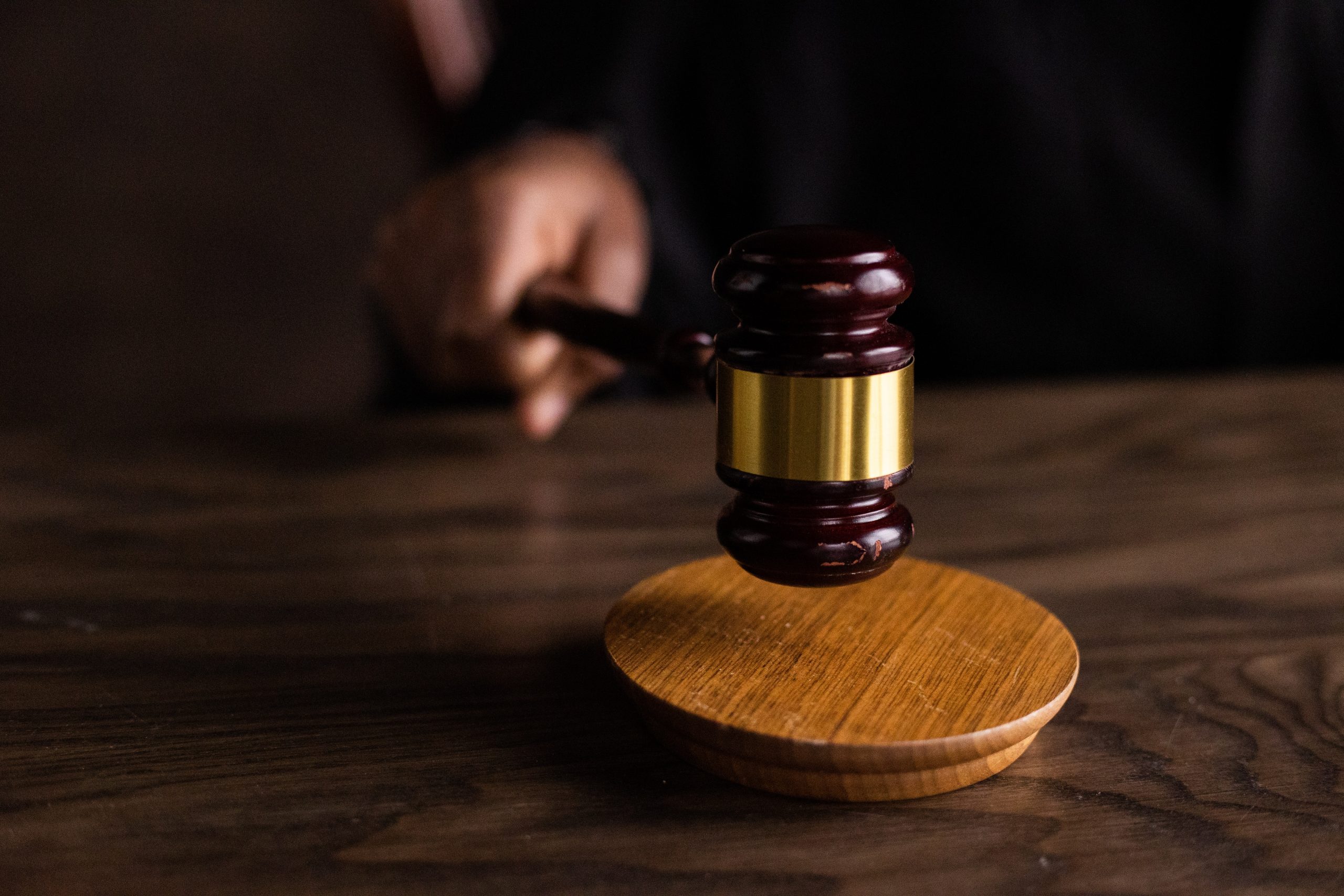In the case of Kostal UK Ltd v Dunkley and others, which was heard at the Supreme Court, the employer had been negotiating with the trade union, of which all of the Claimants were members, in respect of certain terms and conditions of the employees’ contract of employment.
It then decided to contact the employees directly, making 2 offers on 2 separate occasions, thereby circumventing the collective bargaining process, which, in the Employment Tribunal’s view, breached section 145B of the 1992 Act.
The Employment Appeal Tribunal (EAT) upheld the Employment Tribunal’s (ET) decision. The employer appealed, arguing principally that the majority of the EAT and the ET erred in their interpretation of “prohibited result”, and they should have held that “prohibited result” means that the terms after acceptance by the worker will not (or will no longer) (i.e. in the future) be determined by collective agreement negotiated by or on behalf of the union.
However, the Supreme Court has maintained that employers can make direct offers to employees if the collective bargaining process has been exhausted, making it clearer when direct engagement is permitted for employers changing terms and conditions.
Unite general secretary Sharon Graham said: “With the support of their union the workers stood firm. Now they have won an historic case that creates a legal precedent for every union member across the UK. It means that employers cannot subvert or bypass union collective bargaining processes by offering their workforces inducements of one type of another to abandon union mandates. That is momentous.”
This provides summary information and comment on the subject areas covered. Where employment tribunal and appellate court cases are reported, the information does not set out all of the facts, the legal arguments presented and the judgments made in every aspect of the case. Employment law is subject to constant change either by statute or by interpretation by the courts. While every care has been taken in compiling this information, we cannot be held responsible for any errors or omissions. Specialist legal advice must be taken on any legal issues that may arise before embarking upon any formal course of action.









